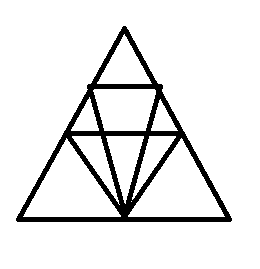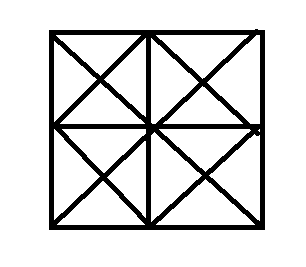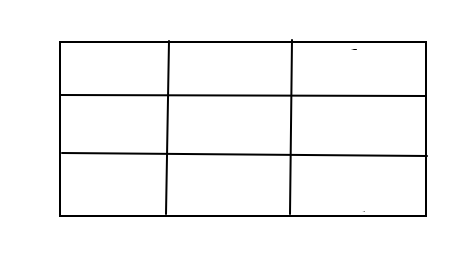निम्नलिखित पाँच में से चार दिए गए व्यवस्था के आधार पर एक निश्चित तरीके से एक जैसे हैं और इसलिए एक समूह बनाते हैं जो ऐसा है जो उस समूह के लिए नहीं है?
5Directions: Study the following information to answer the questions.
Twelve people are sitting in two parallel rows containing 6 people each, in such a way that there is an equal distance between adjacent persons. In row-1 P, Q, R, S, T, and U are seated and all of them are facing south. In row-2 A, B, C, D, E and F are seated and all facing North. Therefore, in the given seating arrangement each member seated in a row faces another member of the outer row.
S sits third to right of Q, either S or Q sits an extreme end of line. The one who faces Q sits second to right of E. Two people sits between B and F. Neither B nor F sits at an extreme end of the line. The immediate end of line.
The immediate neighbour of B faces the person who sits third to left of P, R and T are immediate neighbours of the each other. C sits second to the left of A. T does not face the immediate neighbour of D.
Q:
निम्नलिखित पाँच में से चार दिए गए व्यवस्था के आधार पर एक निश्चित तरीके से एक जैसे हैं और इसलिए एक समूह बनाते हैं जो ऐसा है जो उस समूह के लिए नहीं है?
- 1A-Tfalse
- 2B-Tfalse
- 3F-Pfalse
- 4C-Ufalse
- 5E-Qtrue
- Show Answer
- Workspace




